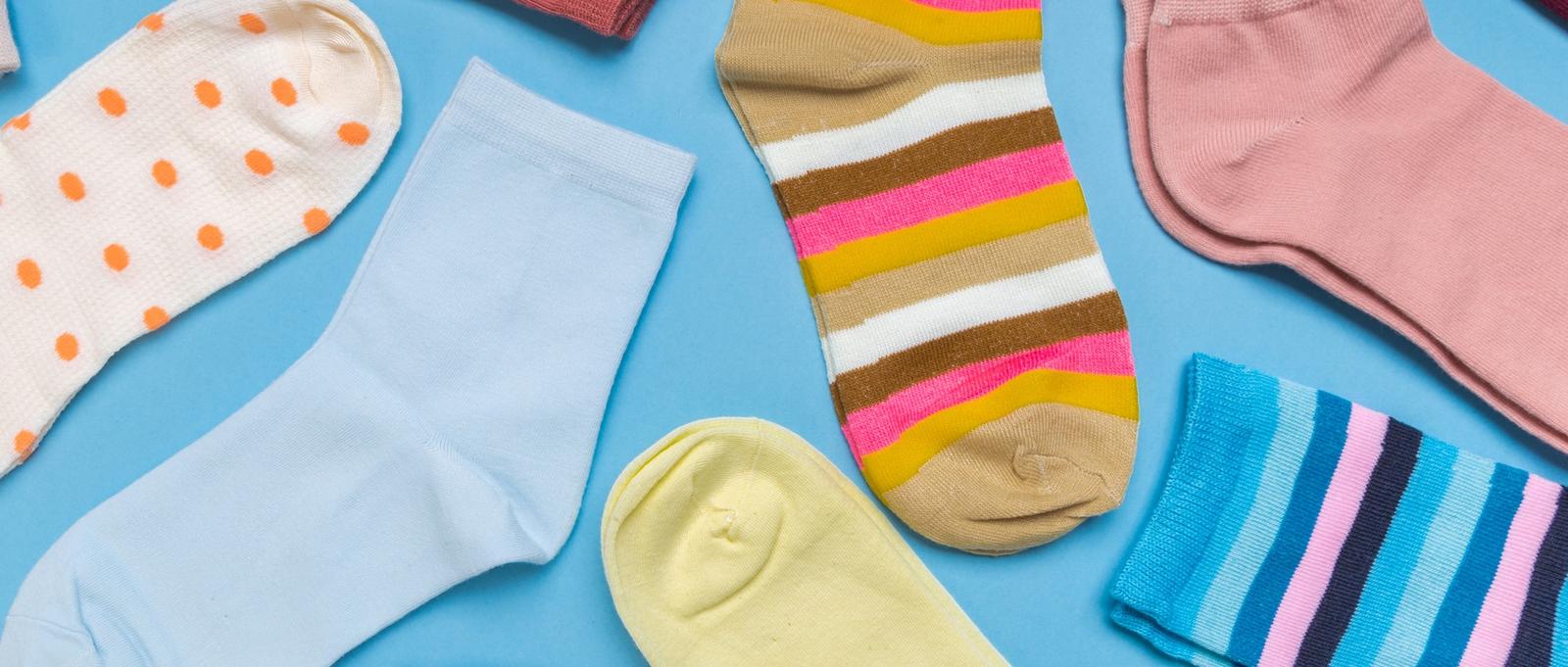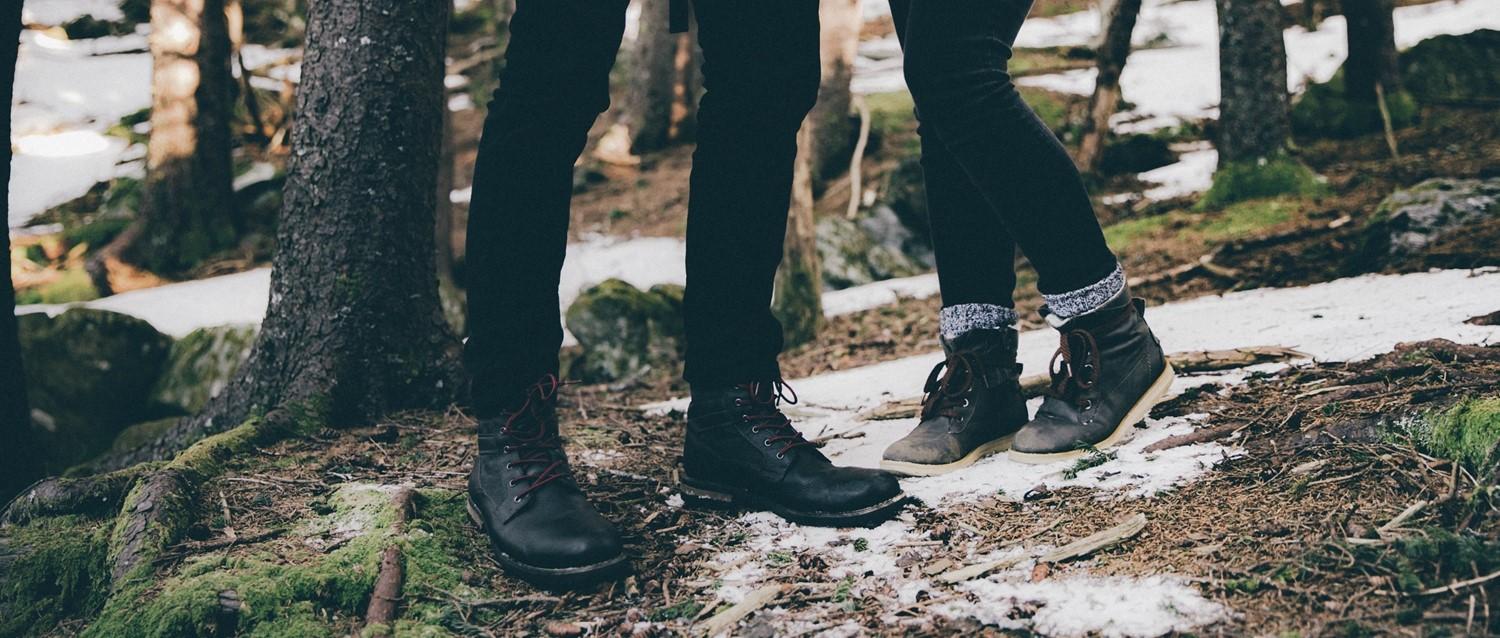
¿Cuál es la causa de tus manos y pies fríos?
Peer reviewed by Dr Krishna Vakharia, MRCGPLast updated by Victoria RawLast updated 4 Apr 2025
- DescargarDescargar
- Compartir
The most common answer to the question "What's causing your cold feet?" or "Why are my hands and feet always cold?" is usually, "Being a woman!"
Yes, women are naturally inclined to have ice-blocks for feet and hands. But there are several medical conditions that can also be to blame.
En este artículo:
Seguir leyendo
How does our body temperature work?
Our bodies have amazingly sophisticated mechanisms to keep our vital internal organs at exactly the right temperature. One of these is shutting off circulation to your extremities and directing all the warm blood to your inner organs, causing cold hands and feet.
Blood flow can reduce by 99% in the cold - and it's women who do it best. Part of this is hormone-related, so your tendency to suffer cold feet will vary during your menstrual cycle. Women also have a higher proportion of fat under their skin - great for insulating their internal organs but bad for blood supply to the skin.
Selección de pacientes para Problemas de pies

Cuidado de los pies
Do your feet get smellier in winter?
Think smelly feet is only a worry during the warmer months? Think again. But if you've noticed an embarrassing odour from your socks and shoes, there are plenty of things you can try.
por Natalie Healey

Cuidado de los pies
Foot blisters
Blisters are small pockets of fluid that develop most often on the feet and are normally caused by a mixture of friction and pressure. They are very common and can be painful.
por la Dra. Philippa Vincent, MRCGP
Raynaud's syndrome
Women are also much more prone to a condition called Raynaud's syndrome, probably for the same reasons, which result in cold hands and feet. In Raynaud's, your fingers and sometimes toes turn cold and white, then go blue and numb when exposed to cold.
Episodes can last from minutes to several hours. There's usually no obvious cause, although some autoimmune conditions - where your body's immune system turns on itself - such as rheumatoid arthritis and scleroderma, can be to blame. It can be brought on by medicines which affect blood flow - including beta-blockers for heart conditions, some cancer medicines, and decongestants.
Prolonged use of vibration tools used in building work can damage tiny blood vessels in your hands, making you prone to Raynaud's. A tablet called nifedipine, taken either daily or just in cold weather, may sort the issue out.
Seguir leyendo
Enfermedad arterial periférica
Blockage or furring up of bigger blood vessels supplying your feet with blood can lead to numb, cold feet, as well as pain - usually starting in your calves. The main disease is called peripheral arterial disease (PAD).
PAD is mostly down to all the same factors that increase your chance of heart attack and stroke - after all, these are both caused by blocked arteries in different parts of the body. But while high blood pressure and cholesterol are the biggest causes of stroke and heart disease, the single most important cause of PAD is smoking.
The first symptom of PAD is usually pain in your calves, which comes on after you've been walking a set distance and settles when you stop. The distance gets shorter as the condition progresses, as well as if you're walking uphill or into a wind.
You can lose hair on your legs and get numb, cold feet and ulcers. Stopping smoking is key, but regular exercise is also essential to improve circulation. Several medicines can help, and in severe cases surgery to restore blood flow through the blocked arteries may be recommended.
Diabetes and cold feet
Damage to your nerves can also cause cold feet. Diabetes is a major cause of this - high blood sugar affects your nerves, with feet most often the first to feel the strain. If you have diabetes, keeping your blood sugar well controlled will cut your likelihood of foot problems dramatically. Your GP surgery should invite you to a foot check as part of an annual review.
However, it's also essential to examine your own feet regularly. As well as feeling cold, you may get burning, shooting pain at night. You can lose the ability to feel pain, so may be more prone to injuries which don't heal well. Foot ulcers also leave you vulnerable without proper attention to your feet. If in any doubt, contact your healthcare professional.
Seguir leyendo
Underactive thyroid gland
An underactive thyroid gland can leave you with freezing cold feet. Your thyroid gland regulates your metabolism - so if this slows down you can feel the cold more. You may also be tired and constipated, and put on weight for no reason. If blood tests reveal an issue, regular medicine will put your thyroid back into balance.
A few final tips
Being very underweight can cause cold hands and feet. Whatever the cause of your cold hands and feet, stopping smoking can help, as smoking shuts down warming blood circulation.
Gracias a la revista "My Weekly", donde se publicó originalmente este artículo.
Historia del artículo
La información de esta página ha sido revisada por médicos cualificados.
Next review due: 4 Apr 2028
4 Apr 2025 | Latest version
12 Feb 2019 | Originally published
Autores:
Dra. Sarah Jarvis MBE, FRCGP

Pregunte, comparta, conecte.
Explore debates, formule preguntas y comparta experiencias sobre cientos de temas de salud.

¿Se encuentra mal?
Evalúe sus síntomas en línea de forma gratuita